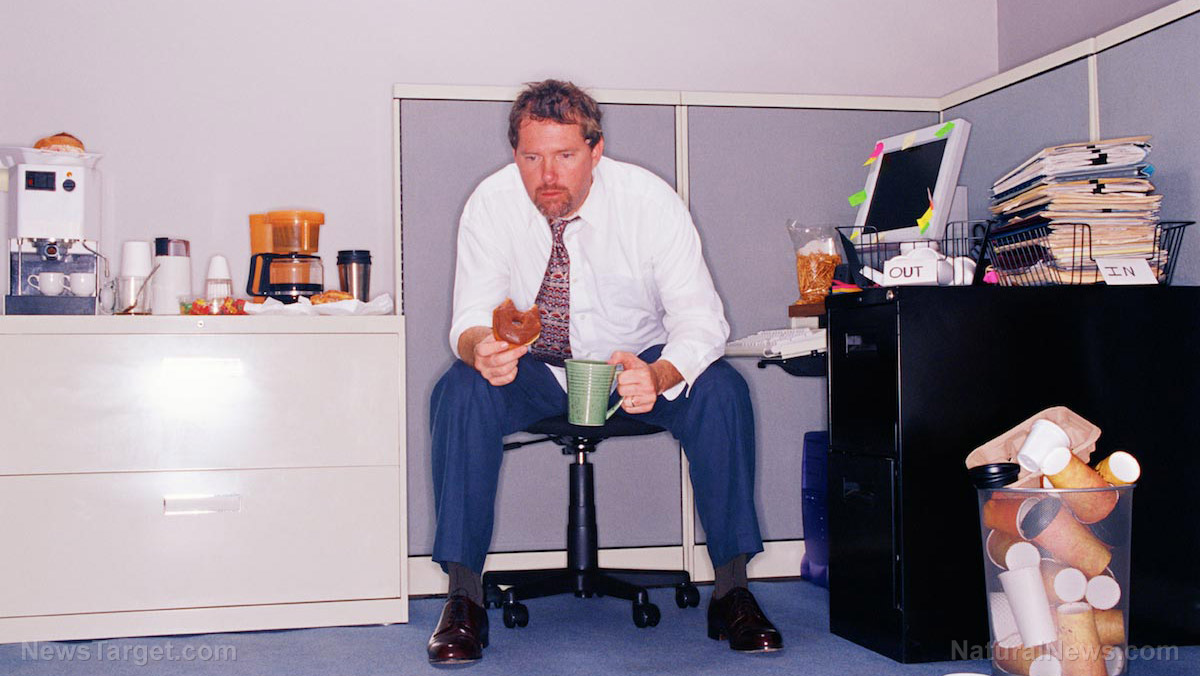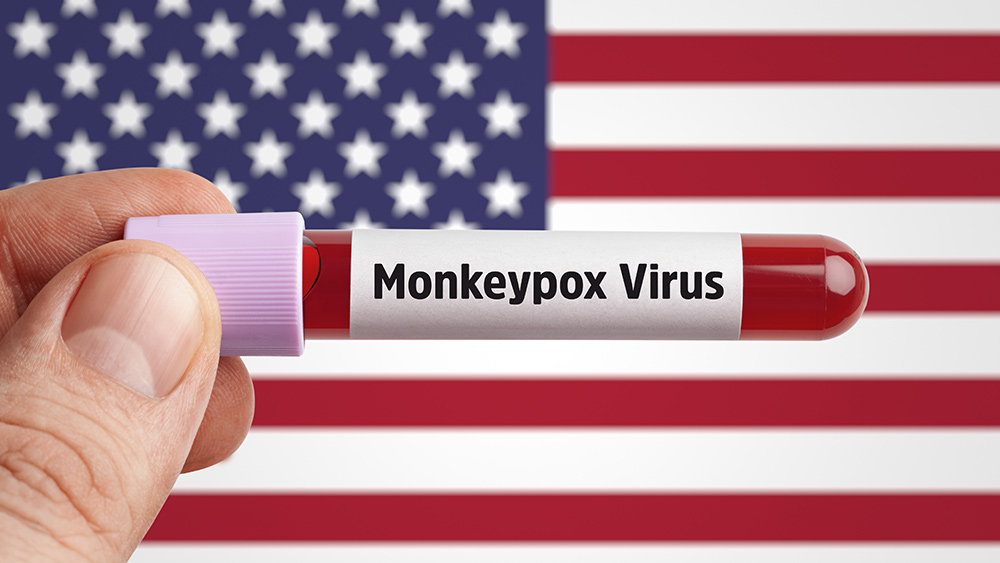Craving sugar? It could be caused by lack of sleep
09/09/2019 / By Evangelyn Rodriguez

According to a growing body of evidence, sleep not only influences mood and energy levels, it also affects chemosensory function. This function is responsible for a person’s ability to taste and smell. Because males and females have different average sleep duration and neural responses to chemosensory function, researchers from Michigan State University hypothesized that the effects of sleep on the chemosensory perception of both sexes will also differ.
In their study, which appeared in the journal Food Quality and Preference, the researchers investigated how sleep affects the ability of healthy males to taste and smell. They found that poor sleep quality and short-duration sleep increases a person’s preference for sweet things, while good quality sleep has the opposite effect.
Insomnia causes a person to crave sweets
For their study, the researchers recruited 51 non-obese males and measured their sleep using an electroencephalogram for two consecutive nights. The instrument recorded the electrical activity of the participants’ brains while they slept to determine how much sleep they had and how long they spent in deep or light sleep.
The mornings after, the researchers tested the participants’ chemosensory function by asking them to taste, smell, and rate various sugary solutions in order of preference. The test measured the participants’ sweet taste threshold, preferred sweet taste concentration, olfactory threshold, olfactory identification ability, and odor pleasantness ratings.
The researchers found that the participants who had less sleep craved more sugar than those who had adequate sleep. Participants who spent less time in rapid eye movement (REM) sleep — the phase when the brain is active and dreams usually occur — also preferred sweeter solutions.

When they compared these results to those from a previous study, which reported that lack of sleep causes a 15 percent increase in sweet cravings among women, the researchers found no difference in the cravings between the two sexes.
Insomnia affects the brain’s “reward center” and increases cortisol production
Health experts around the world recommend getting at least seven hours of sleep each night — and for good reason. Chronic sleep deprivation can cause high blood pressure, diabetes, obesity, heart attack, depression, stroke, and heart failure. Now, new research suggests that lack of sleep also increases the sugary cravings of healthy individuals.
Insomnia has long been shown to affect the activity of a brain region known as the amygdala. The amygdala is composed of a set of neurons and forms part of the limbic system — the network of structures that controls essential behaviors such as finding food and self-preservation. The amygdala processes emotions and is also considered the brain’s “reward center.” (Related: A nutritionist shares the best natural foods to eat for better sleep.)
Sleep also influences food cravings through the stress hormone, cortisol. Poor sleep can cause excess cortisol to be released, and according to studies, this hormone is linked to excessive eating, especially in women. While normal levels of cortisol can have beneficial effects on the human body, high levels of cortisol cause weight gain, acne, severe fatigue, and high blood pressure, among others.
Research suggests that REM plays a role in the development of food preferences. REM activates a part of the brain that gets “turned on” when people consume too much tasty food. In a recent study, Japanese researchers reported that loss of REM sleep leads to increased consumption of unhealthy foods, particularly those high in saturated fat and sugar. However, blocking the activity of prefrontal cortex neurons reverses the effects of REM sleep loss and decreases such cravings.
Sleep quality and duration have a profound effect on your health. To keep your mind and body healthy, manage your weight, reduce your sugar cravings, practice a consistent sleep routine and try to get at least seven hours of sleep each day.
Sources include:
Submit a correction >>
Tagged Under:
amygdala, brain function, brain health, chemosensory function, Cortisol, cravings, heart disease, insomnia, REM Sleep, research, science, sleep, sleep deprivation, sleep duration, sleep quality, smell, sugar, sweets, taste
This article may contain statements that reflect the opinion of the author



















